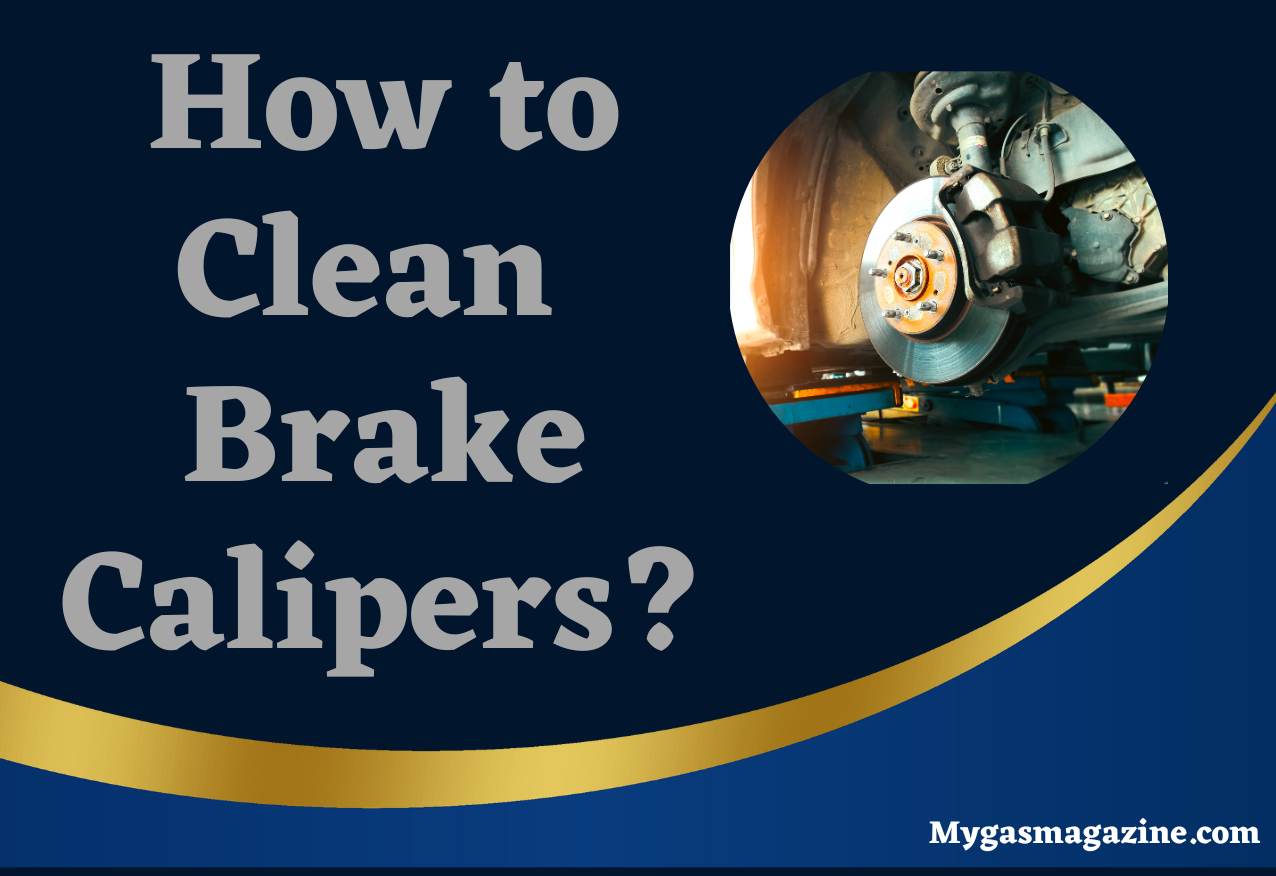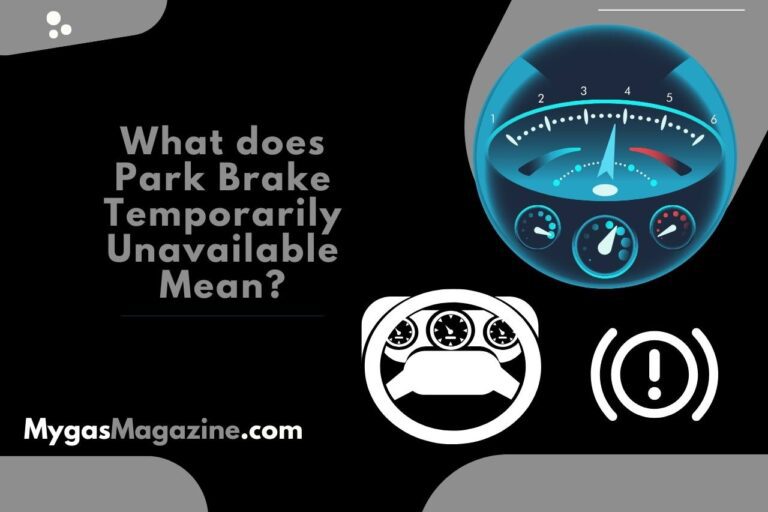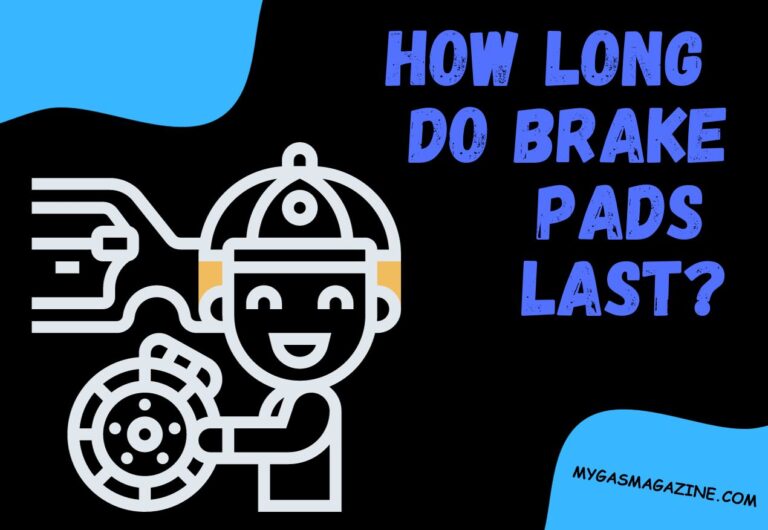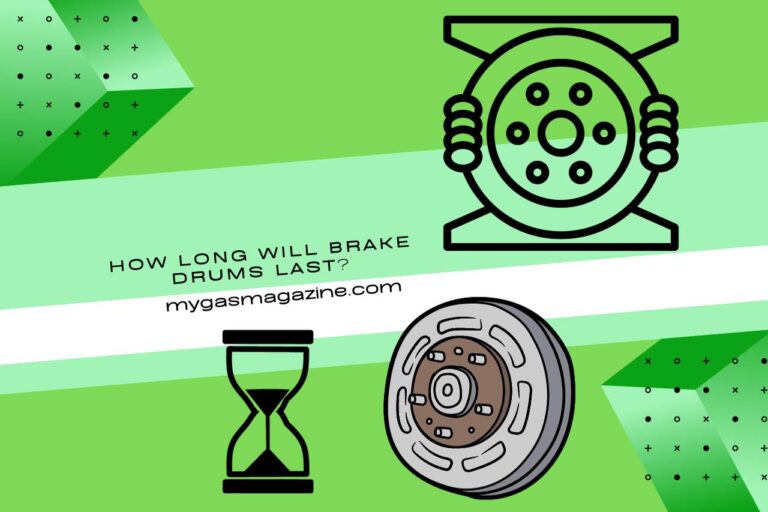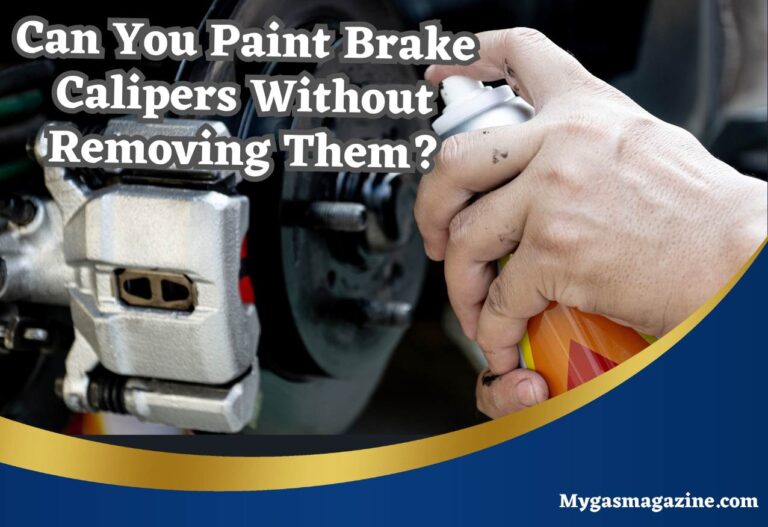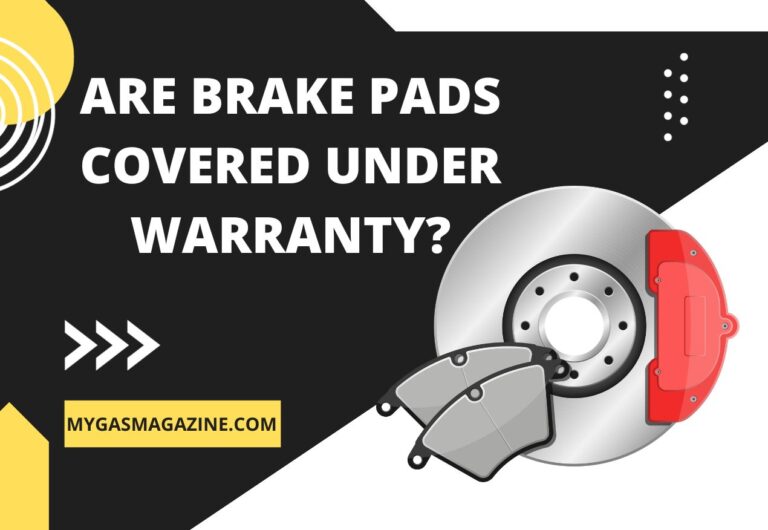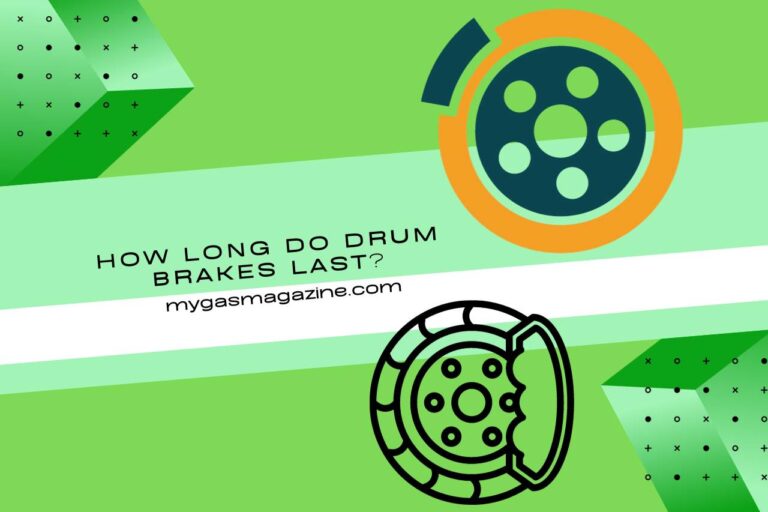How to Clean Brake Calipers Without Removing Them?
Proper maintenance of a vehicle’s braking system is essential for safety. Central to this is understanding: so, how to clean brake calipers? This article offers a straightforward guide on cleaning brake calipers, a key step in preserving calipers’ efficiency and extending their lifespan. Let’s start.
How to Clean Brake Calipers?
Cleaning brake calipers is a key maintenance task, and there are two main methods: removing the calipers for detailed cleaning or leaving them on for a simpler approach. Let’s see how to clean brake calipers without removing them.
Preparation and Safety: Wear gloves, safety glasses, and a mask to protect yourself from brake dust and fluids. Ensure your vehicle is securely parked and choked.
Tools and Equipment: Gather necessary tools like a jack, wrench set, brushes, cleaners, and rags. Optionally, you can also have your brake calipers painted.
After safely exposing the brake caliper by removing the wheel, it’s crucial to thoroughly clean the component.
If you are new to removing a vehicle tire, here is a helpful video.
Here’s how to clean the calipers.
Apply Brake Cleaner
Use a high-quality brake cleaner spray. Spray it liberally over the entire caliper, focusing on areas with visible dirt and grime. The brake cleaner helps dissolve and loosen brake dust and other deposits.
Scrubbing
Once the cleaner has been applied, take a wire brush and gently scrub the caliper. This helps in removing the loosened dirt. Be careful around seals and rubber parts to avoid damage.
Wipe and Dry
After scrubbing, use a clean rag to wipe off the residue. Ensure the caliper is completely dry before proceeding to reassemble. This might also be a good time to check the brake pads and replace them if necessary.
It’s important to avoid using overly abrasive tools or excessive force, as this can damage the caliper’s surface. Also, ensure that the brake cleaner does not come into contact with the brake pads or rotors.
Inspection
Before reassembling, inspect the caliper closely for any signs of wear or damage, such as cracks or leaks. Check the caliper piston and ensure it moves freely. If there are any doubts about the condition of the caliper, consult a professional.
Reassemble
Carefully place the wheel back onto the hub. Screw the lug nuts by hand initially to ensure proper threading.
Tightening the Lug Nuts
Lower the car from the jack stands and then tighten the lug nuts with a wrench. Follow a star pattern to ensure even tightening. This is critical for the safety and balance of the wheel.
After the wheel is back in place, press the brake pedal a few times to ensure that the brake pads are properly seated. This also helps in checking the brake’s responsiveness.
Test Drive
Finally, perform a slow and cautious test drive to ensure everything is working correctly. Listen for any unusual noises and monitor the braking performance.
Remember, if any part of this process seems daunting or if there’s uncertainty, we always recommend seeking assistance from a professional mechanic.
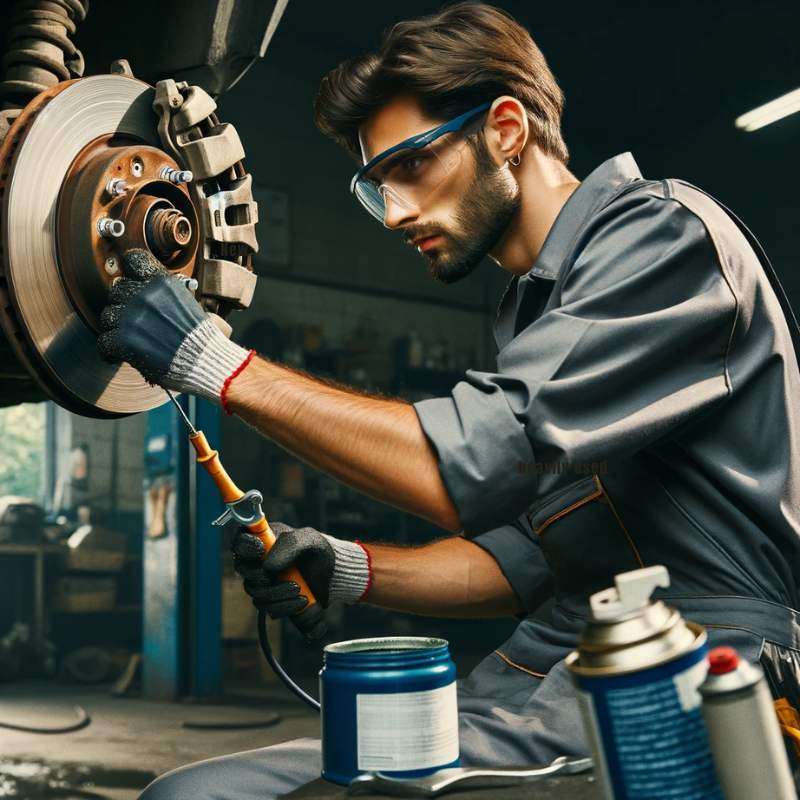

Why Is Regular Brake Caliper Maintenance Important?
Regular brake caliper maintenance is essential for ensuring optimal safety and performance of your vehicle.
- Proper lubrication and care of caliper slide pins are crucial. This ensures that the brake pads wear evenly, maintaining strong and consistent stopping power.
- Routine cleaning of brake calipers helps in removing debris and preventing corrosion, aiding in better heat dissipation. This is vital for efficient braking and to avoid overheating, which can lead to brake failure.
- Regular maintenance helps in identifying and fixing issues that might cause noises or vibrations during braking, enhancing driving comfort and safety.
- Well-maintained calipers are key to reliable braking. They allow you to stop safely, especially in emergencies.
- Regular checks can identify potential seal damages or corrosion that might lead to brake fluid leaks, thus avoiding dangerous brake failures.
- Addressing any caliper sticking or malfunctioning issues early ensures smooth and balanced braking, crucial for vehicle control.
- Routine maintenance extends the life of your brake calipers, reducing the likelihood of costly replacements.
- Early detection and resolution of minor issues can prevent them from escalating into more significant, expensive repairs.
Which Cleaning Products Are Best for Brake Calipers?
Selecting the appropriate cleaning products is key to maintaining brake calipers effectively without causing damage.
Recommended Wheel Cleaners
- Non-acidic Wheel Cleaner: We suggest using a non-acidic cleaner like Meguiar’s Hot Rims All Wheel Cleaner. Acidic products can harm the calipers’ painted surfaces and rubber parts.
- Foaming Wheel Cleaner: Foaming cleaners, such as Chemical Guys Diablo Wheel Cleaner, stick to the calipers better, ensuring thorough cleaning and easy rinsing.
Recommended Brake Cleaners
- Non-chlorinated Brake Cleaner: A non-chlorinated cleaner like CRC Brakleen is environmentally friendly and less corrosive. It’s a great choice for regular maintenance.
- Low-VOC Brake Cleaner: For minimal environmental impact, go for a low-VOC option like Permatex Ultra Low VOC Brake Cleaner. It’s effective and reduces harmful emissions.
Additional Brake Caliper Cleaning Tools
- Stiff Bristle Brush: A stiff bristle brush, like the TriNova Stiff Bristle Detail Brush, is perfect for removing stubborn dirt without damaging the calipers.
- Wire Brush: For rust and tough grime, a wire brush, specifically the TriNova Stainless Steel Wire Brush, is highly effective.
- Brake Caliper Paint (Optional): For those looking to add a splash of color, high-quality brake caliper paint can be used to enhance appearance.
More Brake Caliper Articles
- Do Brake Calipers Come Under Warranty?
- How Long Do Brake Calipers Last?
- How Hot Do Brake Calipers Get?
Meet Lakith, the driving force behind MyGasMagazine.com. A seasoned mechanic with over 7 years of hands-on experience in our family-run Gas Mag Garage, Lakith combines his technical expertise with a deep passion for cars. His journey in the automotive world began alongside his father, learning the intricacies of car repair and maintenance. Today, as the founder of MyGasMagazine.com, Lakith shares his wealth of knowledge, offering readers a unique blend of practical advice, industry insights, and engaging stories from the vibrant car culture of Sri Lanka.

